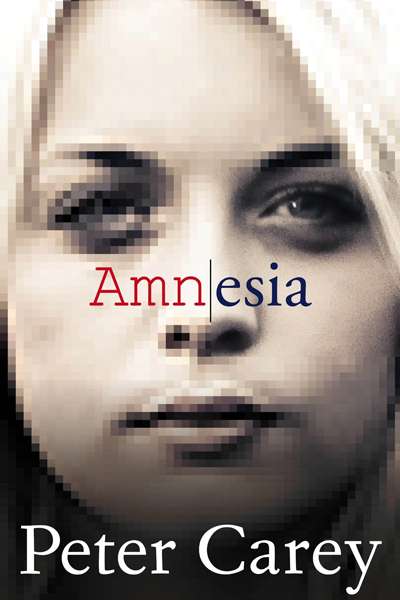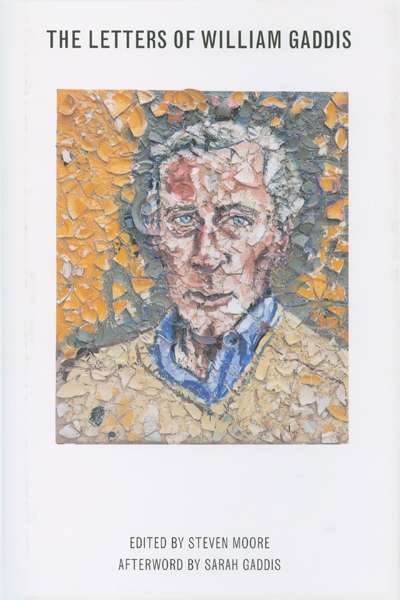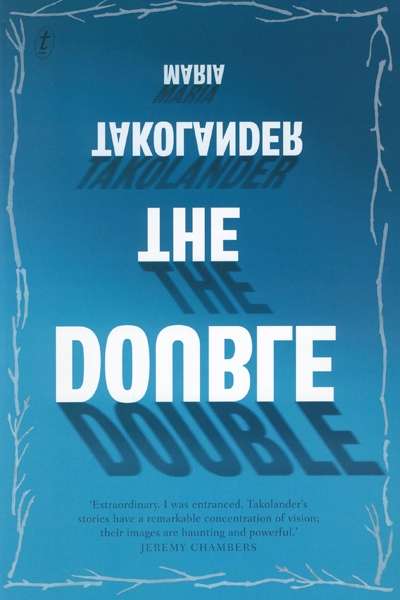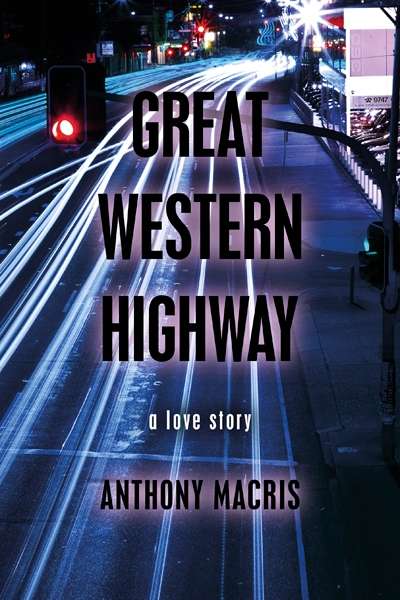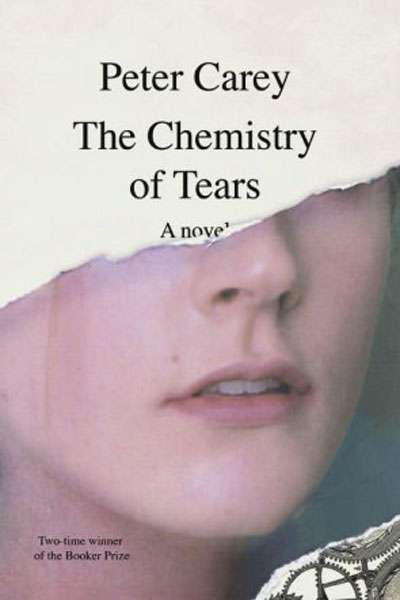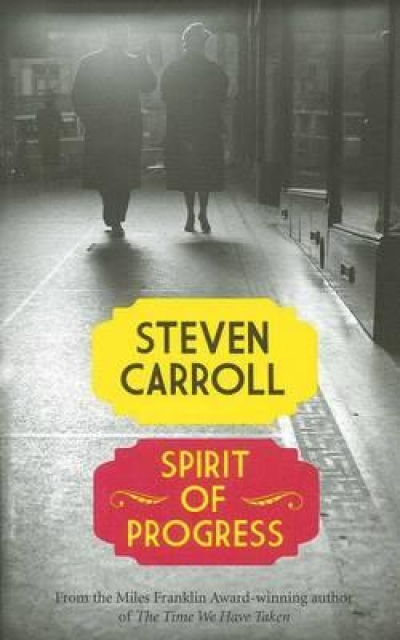Patrick Allington

Patrick Allington was the recipient of the inaugural ABR Patrons’ Fellowship, worth $5000. His novel, Figurehead (Black Inc. 2009), was longlisted for the Miles Franklin Literary Award. His short fiction and book criticism appears in Australian newspapers, magazines, and journals, including regularly in ABR.
‘I do get truculent sometimes. As you know.’ So wrote the American novelist William Gaddis (1922–98) to his mother in 1950, before anybody, except perhaps Gaddis himself, suspected him of greatness. The Letters of William Gaddis, edited by prominent Gaddis scholar Steven Moore, might easily have been called Truculent Sometimes. A big book, as befits Gaddis, it contains plenty of his exquisit ... (read more)
An old woman, caught between the present and her troubled past in another hemisphere, picks herself out of a puddle of water: ‘Her head is tender, and the left side of her body still feels strange: as if she has lost half of herself. Nevertheless, she understands things again.’ The characters in Maria Takolander’s collection of short stories, The Double, often seem as if they have mislaid pa ... (read more)
As a woman and her daughter prepare to attend a memorial service for their husband and father, a railwayman, the girl offers the woman her kaleidoscope: ‘You could borrow this, Mum [...] You said it was good for seeing things differently.’ It is a resonant moment, the promise of a magical but fleeting distortion of reality both lovely and desperately sad. The scene also encapsulates The R ... (read more)
Whereas many twenty-first-century novels seem way too long, konkretion is a distilled, complex gem. It is a novella full of questions and questing, most of which riff from this observation made in the context of Germany’s militant Red Army Faction: ‘what triggers the conversion from resistance to terror, flick-knife or otherwise, the jump into illegality? – oh the primacy of praxis, that rom ... (read more)
As I read the early pages of Anthony Macris’s Great Western Highway, I began to wonder if the whole novel might consist of a single central character walking along a city road (for the record, it doesn’t). I couldn’t decide whether I found such a prospect exciting or deflating. As I continued reading, and as Great Western Highway took flight from Parramatta Road, Sydney, to explore such weig ... (read more)
Soon after the announcement of the shortlist of this year’s Miles Franklin Literary Award (‘the Miles’), bookmaker Tom Waterhouse installed Anna Funder’s All That I Am (2011) as favourite. Fair enough, too: it’s an astute and absorbing Australian novel about, among other things, Nazism’s long shadow. But Waterhouse favoured Funder – oddly – because her non-fiction book Stasiland (2 ... (read more)
In his closing address to the 2010 Sydney Writers’ Festival, Peter Carey made a plea on behalf of the fading ‘cult’ of serious reading. This prompted a fierce riposte from Bryce Courtenay: ‘There’s no such thing as popular writing versus literary writing. If I’m a popular writer then Peter Carey is an unpopular writer. If I’m a best-selling writer then he’s a worst-selling wr ... (read more)
From Menzies to Gillard, from the Cold War to Pacific solutions, the history of Overland magazine offers a leftist version of post-World War II Australian political, cultural and literary life. This issue of Overland is its two hundredth. As Jeff Sparrow, the current Editor, points out, survival is an achievement: ‘The “little magazine” is a peculiar animal. The life cycle of the species gen ... (read more)
At the beginning of Steven Carroll’s new novel, Spirit of Progress, Michael stands on a platform of the Gare Montparnasse in Paris. Readers of Carroll’s ‘Glenroy’ trilogy will remember that Michael is Vic and Rita’s son – a boy who grew up with an unblinking grasp of his parents’ fractured marriage and who learned early to fend for himself. Now a man, Michael observes the foreign tra ... (read more)

